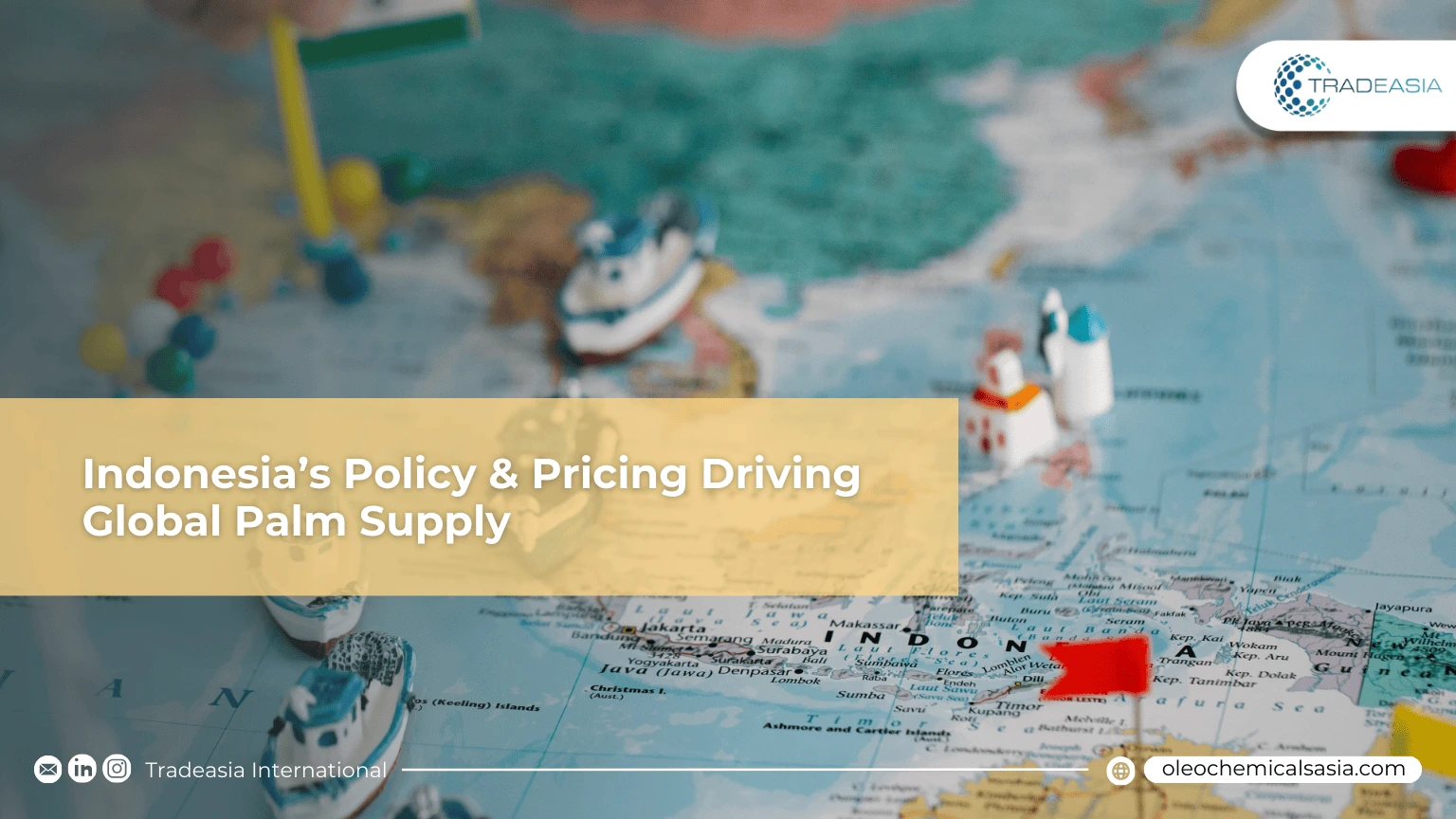Indonesia's Iron Grip: How Policy and Pricing are Defining the Global Palm Supply Chain

Table of Content
- The Price-Setting Power of Policy
- Fueling Domestic Demand, Squeezing Global Supply
In today's interconnected market, understanding the future cost of Caprylic Triglyceride means looking directly to Southeast Asia, where national policies are creating global economic waves. Indonesia's domestic strategy, in particular, has tightened its grip on the world's palm oil supply, making local price benchmarks and regulations critical factors for any international buyer. For these buyers, regional developments aren't distant news—they are immediate cost factors. This is where a partner like Tradeasia International, with its on-the-ground presence and expertise in navigating complex trade policies, becomes indispensable.
The Price-Setting Power of Policy
The Indonesian government's influence is clear in its September 2025 CPO reference price, now set at $954.71 per ton. This 4.8% month-over-month increase is more than just a number; it is the foundation upon which export costs are built. This benchmark triggers an automatic export duty of $124 per ton and a further levy of around 10%. These are not negotiable fees; they are fixed costs passed directly down the supply chain, establishing a high price floor before the product even leaves the port. A senior trader recently commented on this, stating, "We advise our partners to view these duties not as variables, but as a fixed component of their cost. The real strategy lies in timing procurement around the underlying CPO volatility."
Fueling Domestic Demand, Squeezing Global Supply
Compounding the cost pressure is Indonesia’s ambitious B40 biodiesel program. By mandating that 40% of the country’s diesel contains palm oil, the policy reserves a massive portion of CPO for domestic energy needs. This directly reduces the volume available for food, oleochemicals, and export, effectively squeezing the global supply. This protectionist sentiment is echoed in Malaysia, where CPO futures are holding strong in the RM4,220 to RM4,400 range, a 14% jump from last year. For businesses reliant on these raw materials, the conclusion is unavoidable: strategic foresight and expert navigation of these policy-driven markets are no longer just an advantage, but a necessity for survival.
Sources:
-
CPO Prices Expected to Stabilize in Second Half of 2025 - https://www.infosawit.com/news/12567/cpo-prices-expected-to-stabilize-in-second-half-of-2025
-
Commodity Markets Outlook: The Impact of Policy and Global Events - https://www.worldbank.org/en/research/commodity-markets

Leave a Comment